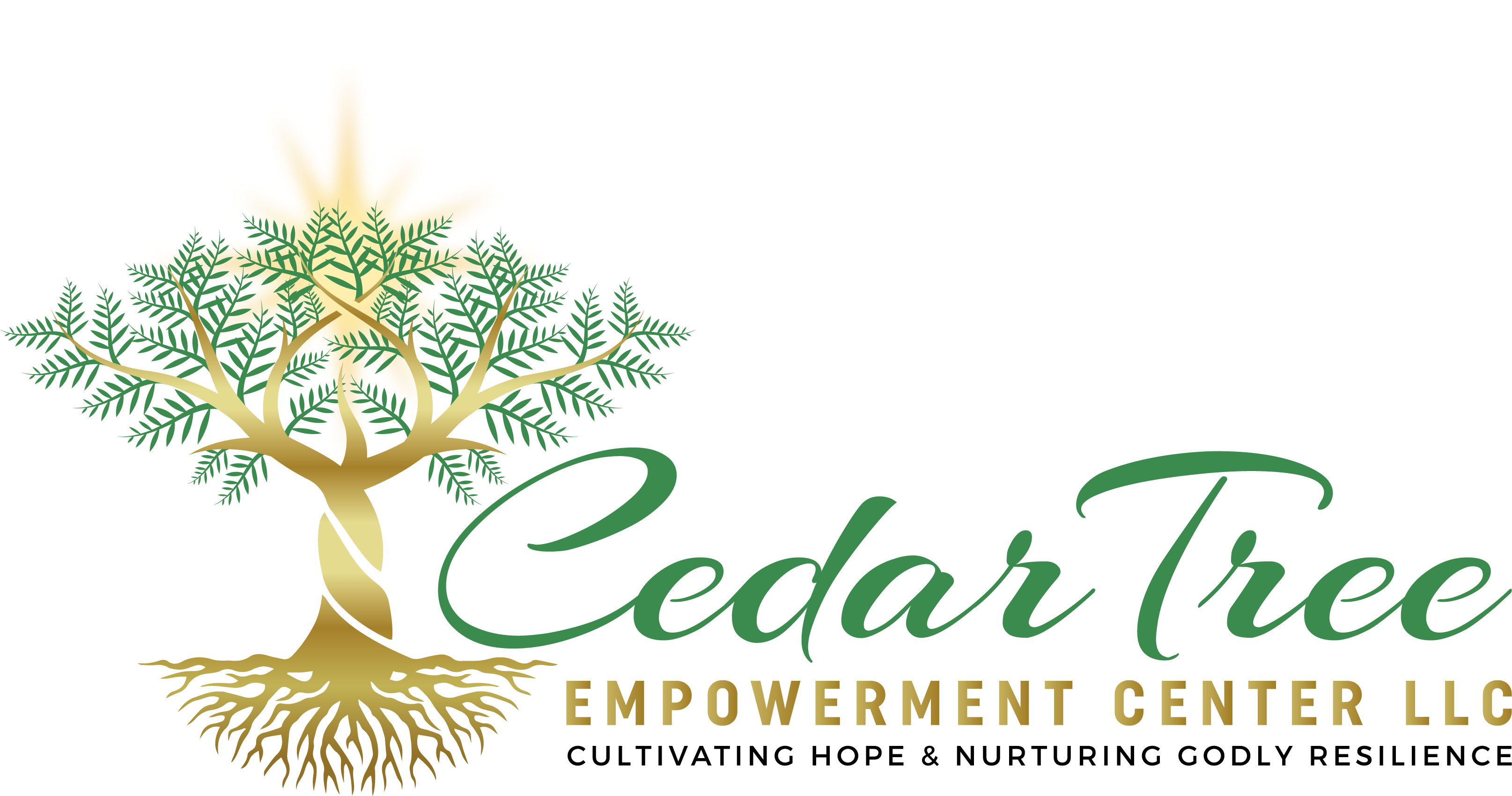Eye Movement Desensitization and Reprocessing (EMDR) therapy is an extensively researched, effective therapeutic modality proven to help people recover from trauma and other distressing life experiences, including PTSD, anxiety, depression, and panic disorders. It’s essentially a way to help people live beyond past pain by helping them to resolve unprocessed traumatic memories in the brain. During a traumatic experience, our brain may incorrectly process or store memories. EMDR is an 8 phase approach to help people to allow our brain’s natural ability to heal, moving towards adaptive resolution.
The difference between EMDR and several other common modalities is that EMDR therapy does not require talking in detail about the distressing issue. Another difference is that the primary focal point is not to change emotions, thoughts or behaviors stemming from the distressful or challenging event. EMDR therapy helps the brain to facilitate healing with a body- based technique called bilateral stimulation. This is usually done by tapping, tones, or eye movements. The EMDR therapist will model, teach, and discuss which type of bilateral stimulation may be best for you. The experience of re-experiencing the significant event in the context of a safe environment helps the brain to heal as it may have not naturally been able to before due to an overwhelming experience that continues to impact your mental health significantly. The participant or client learns and experiences “dual awareness” which is the ability to re-experience the trauma or distressful event in the context of safety. EMDR is certainly experienced differently for each client. Ultimately, this modality treats trauma and other distressful symptoms by re-connecting the traumatized person in a safe, measured way to the associations of the event such as mental images, thoughts about self, emotions, and body sensations to foster healing in the brain. Some people can feel less distress in one session, others may need many more sessions. Depending on the individual’s needs, a therapist may intertwine different modalities into treatment to enhance healing.
Check out more information below from EMDRIA (EMDR International Association)

(704) 284-7330 | wholeness@cedartreeempowerment.com